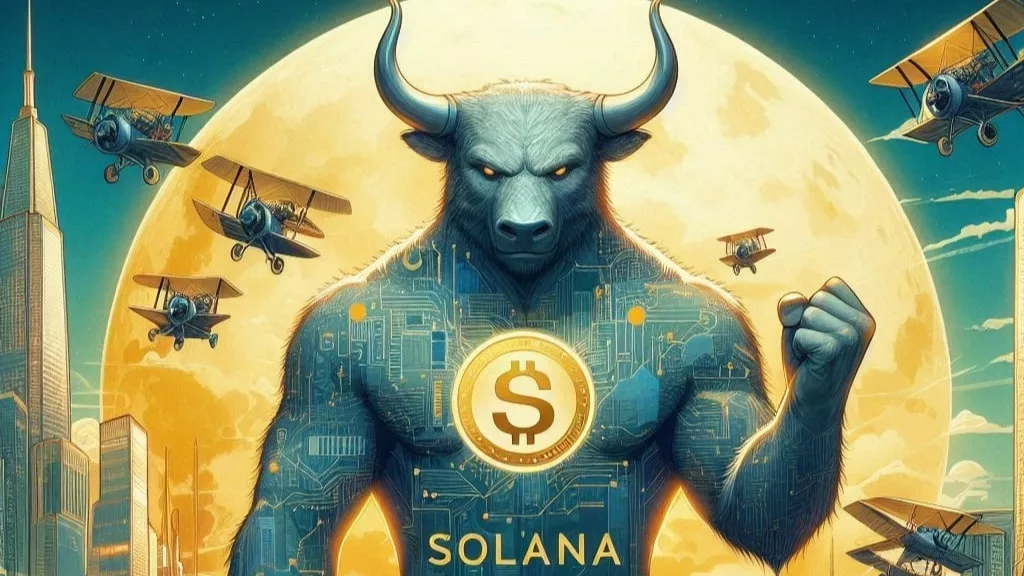
In the ever-evolving world of cryptocurrencies, the battle for the approval of Bitcoin exchange-traded funds (ETFs) is gaining momentum. Grayscale Investments, a major player in the crypto investment space, has made a significant move, urging the United States Securities and Exchange Commission (SEC) to treat all spot Bitcoin ETF applications equally. The company’s Chief Legal Officer, Craig Salm, emphasized the need to avoid giving any single ETF a “first mover advantage” and instead advocated for a fair and systematic decision-making process.
The SEC currently has multiple spot Bitcoin ETF applications on its desk, including proposals from prominent firms like Invesco, BlackRock, Valkyrie, VanEck, Wisdom, Fidelity, and ARK Invest. These proposals have been updated to include special agreements with Coinbase, the renowned cryptocurrency exchange.
The quest for a Bitcoin ETF approval has been ongoing for years, with several applications being rejected in the past. Grayscale’s call for the SEC to approve all applications simultaneously comes at a time when the cryptocurrency market is experiencing significant growth and mainstream acceptance. A successful ETF approval could pave the way for greater institutional investment in Bitcoin, further solidifying its position as a legitimate asset class.
On the legislative front, stablecoin regulations continue to be a point of contention in the United States. Stablecoins are digital assets that are pegged to traditional currencies, such as the US dollar, to provide stability and facilitate seamless transactions within the crypto ecosystem. However, concerns have been raised about their potential impact on financial stability and consumer protection.
Republican Congressman Patrick McHenry, who leads the Financial Services Committee, has placed blame on the Biden White House for the lack of timely action in implementing stablecoin regulations. McHenry asserted that the current version of the Clarity for Payment Stablecoins Act was not the result of previous negotiations with ranking committee member Maxine Waters. According to McHenry, Democrats have been slow in reaching a bipartisan solution on stablecoins due to a lack of urgency and the White House’s unwillingness to compromise. In response, Waters has pointed fingers at the impatience of Republican leadership for the lack of progress on the legislation.
The Clarity for Payment Stablecoins Act is one of several pieces of crypto-related legislation being considered. On July 26, representatives cleared two crypto bills by voting in favor of the Financial Innovation and Technology for the 21st Century Act and the Blockchain Regulatory Certainty Act. These bills aim to foster innovation in the cryptocurrency industry and provide regulatory clarity for blockchain-based projects.
While regulatory discussions continue, Worldcoin, a blockchain project focused on establishing a user identity network, has garnered both attention and criticism. Co-founder Sam Altman shared a video on social media showing people in Japan queuing up to exchange their iris scans for “free” Worldcoin (WLD) tokens. The video depicted a long line of individuals willing to provide their biometric data in exchange for the cryptocurrency. Altman celebrated the rapid verification process, with one person reportedly being verified every 8 seconds using the biometric verification device called the Orb.
As the video made waves in the crypto community, concerns were raised about the implications of such biometric data collection. While Worldcoin aims to create a decentralized identity network, critics argue that the use of iris scans raises privacy and security concerns. Additionally, some question the ethics of incentivizing individuals to share their personal information for cryptocurrency rewards.
As explained in the Worldcoin introductory letter, the Orb is a biometric verification device that provides a World ID to users upon successful biometric data collection. The company plans to set up Orb venues worldwide to expedite the onboarding process on a global scale. While Japanese investors seemingly showed a greater interest in Worldcoin, not many Hong Kongers shared the same enthusiasm. As Cointelegraph reported, the three Orbs in Hong Kong cumulatively reported just 200 sign-ups on the first day and 600 in total.
Although on the surface Worldcoin sign-ups seem like a step forward toward crypto adoption, entrepreneurs, including Twitter co-founder Jack Dorsey and Ethereum co-founder Vitalik Buterin, believe the proposed system would be catastrophic if it were to work against the ethos — privacy, accessibility, decentralization — that the crypto ecosystem was founded on.
In conclusion, the cryptocurrency industry is witnessing crucial developments in the realms of ETF approvals, stablecoin regulations, and novel identity verification methods. Grayscale’s push for a fair and simultaneous approval of Bitcoin ETFs reflects the growing importance of institutional investment in the crypto market. Meanwhile, legislators continue to debate the framework for stablecoin regulations, aiming to strike a balance between innovation and consumer protection. As Worldcoin’s iris scan adoption sparks debates on privacy and decentralized values, the cryptocurrency community remains divided on the potential implications of such practices in the quest for mass adoption. The future of crypto remains uncertain, yet filled with opportunities for transformation and growth.




Get the latest Crypto & Blockchain News in your inbox.